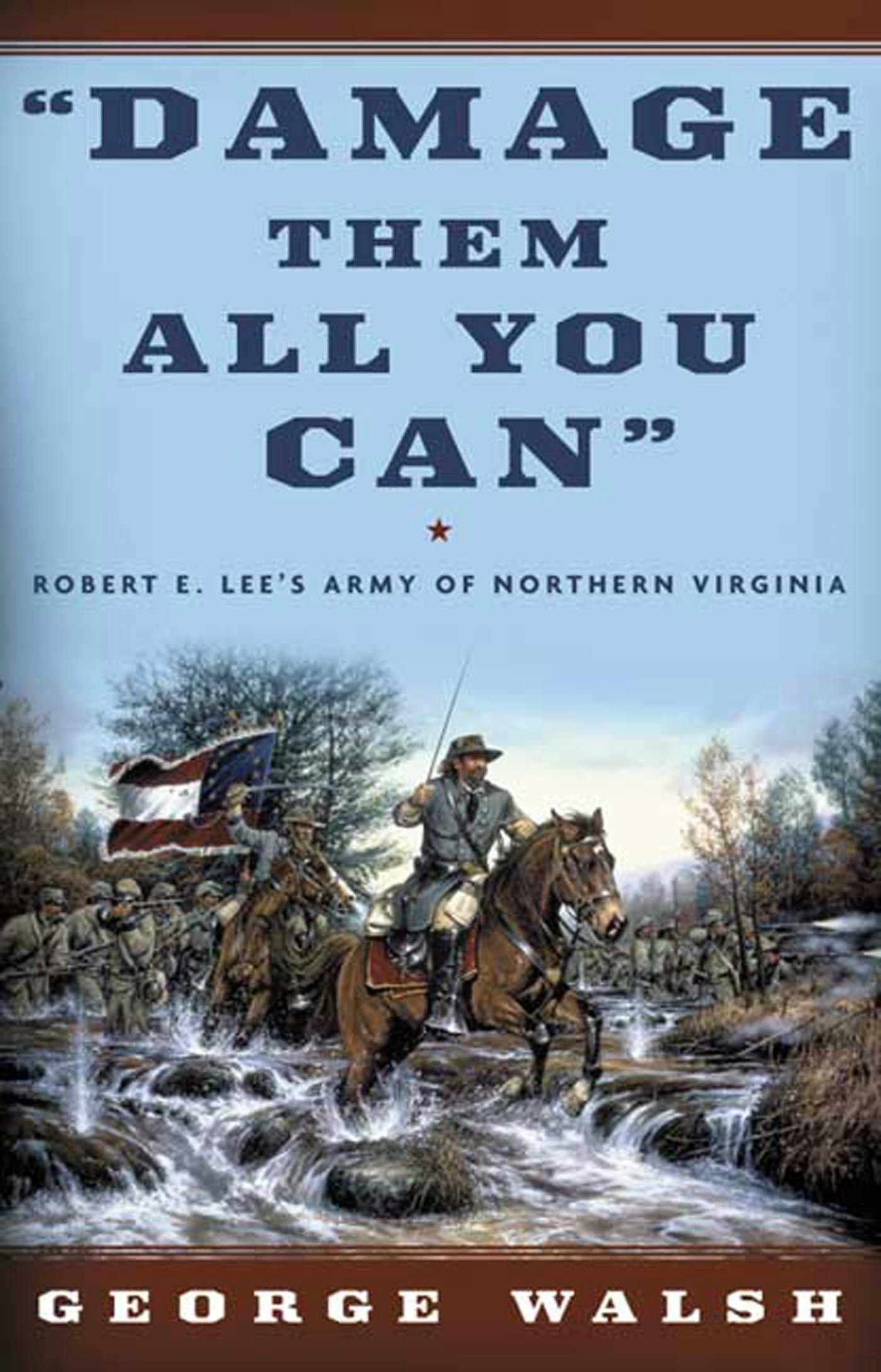How the unprepossessing Ulysses S. Grant, whose military genius ultimately preserved the Union, came to the forefront in the Civil War is a story as surprising as it is compelling. Forced to resign his commission in the peacetime army for drinking, and thereafter reduced to eking out a living for himself and his family with hardscrabble jobs, at the outbreak of hostilities he suddenly found himself a colonel, and then a general, of volunteers. Grant made the most of unexpected commands. What he knew best, it turned out, was how to wage war, relentlessly and with irresistible force.
Early in 1862, with the conflict a year old and both sides in the West reluctant to fight, Grant seized the initiative and took Forts Henry and Donelson, capturing an entire rebel army. Later, in Mississippi, he conducted the arduous campaign against Vicksburg, cutting the confederacy in half and capturing a second army. All the time Grant was forced to cope with jealous superiors, like General Henry Halleck, while finding staunch allies in General William Sherman and Admiral David Dixon Porter, and dealing with disloyalty, like that of General John McClernard, who actually came close to replacing him. But for his many victories Grant was named commander in the West, and sent to relieve the siege of Chattanooga, which earned him his promotion to general-in-chief.
"Whip the Rebellion" were Grant's watchwords every day of the war. This dramatic narrative--peopled with the heroics of hundreds of officers and enlisted men, crammed with first-hand accounts of battles, tactics, and civilian hardships--offers fresh insights into both the public and personal lives of Grant and his immediate circle.
